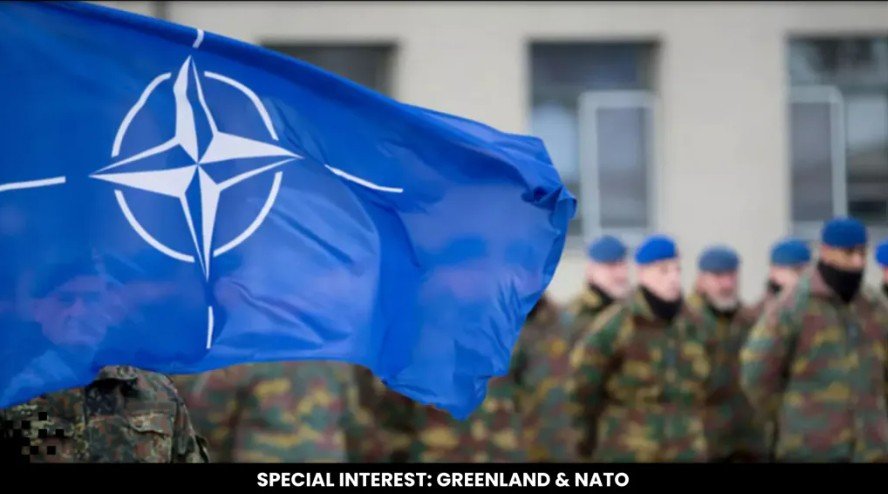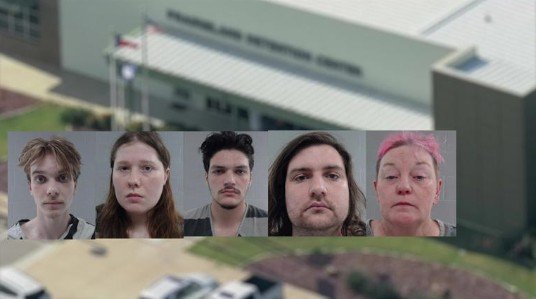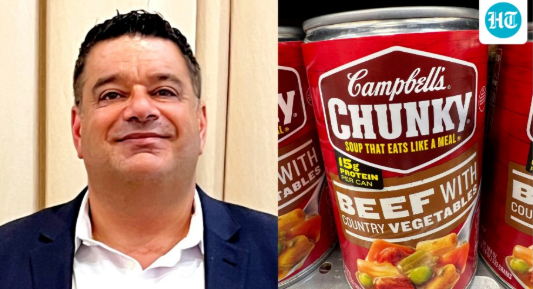Nepal’s Prime Minister KP Sharma Oli resigned on September 9, 2025, following violent protests in Kathmandu triggered by a government ban on 26 social media platforms and widespread anger over corruption and nepotism. The demonstrations, led by “Gen Z” activists, erupted after police killed at least 19 protesters on September 8, prompting crowds to defy curfews, storm government buildings, and set fire to parliament, the Supreme Court, and the homes of top politicians including Oli, Sher Bahadur Deuba, and President Ram Chandra Paudel. The unrest, the worst since Nepal’s 2006 uprising, has plunged the country into chaos, with looting, arson, and mass jailbreaks across several prisons as the army moves in to restore order.
Escalation
On September 8, tens of thousands gathered in Kathmandu’s Maitighar area, chanting anti-corruption slogans and waving national flags. Violence escalated when protesters breached barricades near parliament, burning an ambulance and hurling stones at police. Security forces responded with tear gas, rubber bullets, and live fire, killing 17 in Kathmandu and two in Itahari, while injuring more than 300, many with gunshot wounds. The following day, demonstrators torched the Singha Durbar complex, the prime minister’s office, the Nepali Congress Party headquarters, and media outlets. Early reports noted 773 inmates escaping from Kaski District Jail and 127 from Tulsipur Jail, though later figures suggested thousands broke out nationwide. Finance Minister Bishnu Prasad Paudel narrowly survived a mob attack, underscoring the depth of public anger.
Looking to Grow Your Business?
I’m looking to partner with 2 local businesses. We’ll build you a custom marketing system designed to generate high-quality leads on autopilot. If we don’t deliver 30 qualified leads in 30 days, you get your money back.
If you’re ready, submit your details after you watch the full video.
Social Media Backlash
The government’s decision to block platforms such as Facebook, X, and YouTube for failing to register with the Ministry of Communication and Information Technology further fueled the unrest. Officials claimed the ban targeted fake news, but critics saw it as an attempt to suppress a viral “nepo kid” campaign exposing politicians’ children flaunting luxury goods. The restriction, lifted after Oli’s resignation, disrupted communication for Nepal’s roughly 55% internet-using population, including millions of migrant workers abroad. Inspired by uprisings in Bangladesh and Sri Lanka, protesters demanded accountability for elite privilege amid 20% youth unemployment and a per capita income of about $1,450.
Targets of Rage
Protesters targeted symbols of power, burning the homes of Deuba, Paudel, Home Minister Ramesh Lekhak, and former Prime Minister Pushpa Kamal Dahal. Rajyalaxmi Chitrakar, wife of former PM Jhala Nath Khanal, died of burns after being trapped in her Kathmandu home, while Foreign Minister Arzu Rana, Deuba’s wife, sustained minor injuries. The violence also spread to private holdings linked to political families, including the Hilton Hotel and Ullens School. Oli’s resignation, ending his fourth term after only a year, marks Nepal’s 14th prime ministerial change since 2008. With no clear successor and protesters—backed by Kathmandu Mayor Balen Shah—demanding parliament’s dissolution and new elections, Nepal faces deep political instability and the risk of further escalation.




